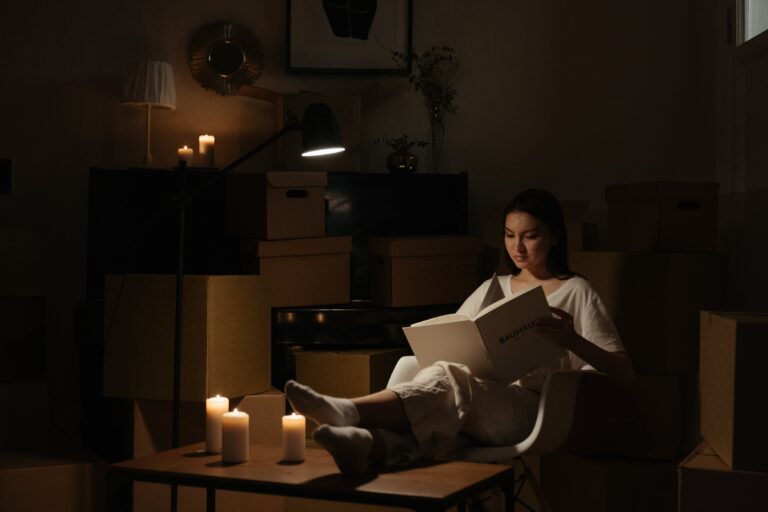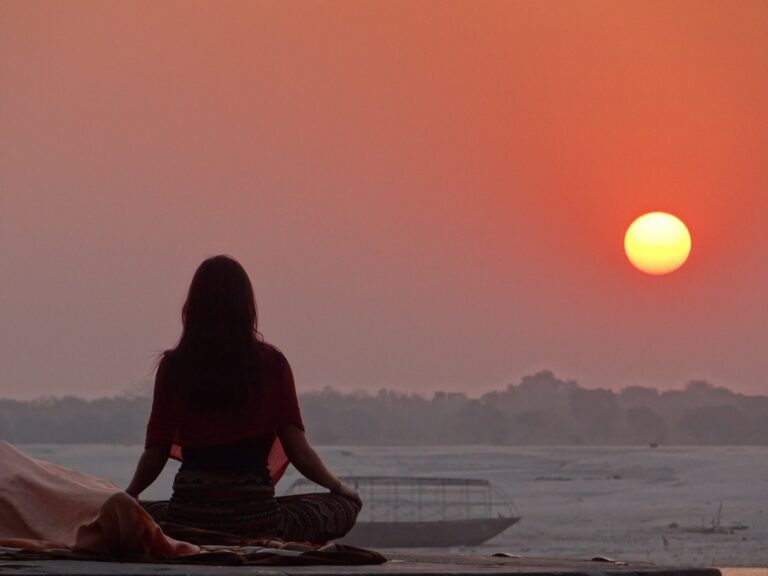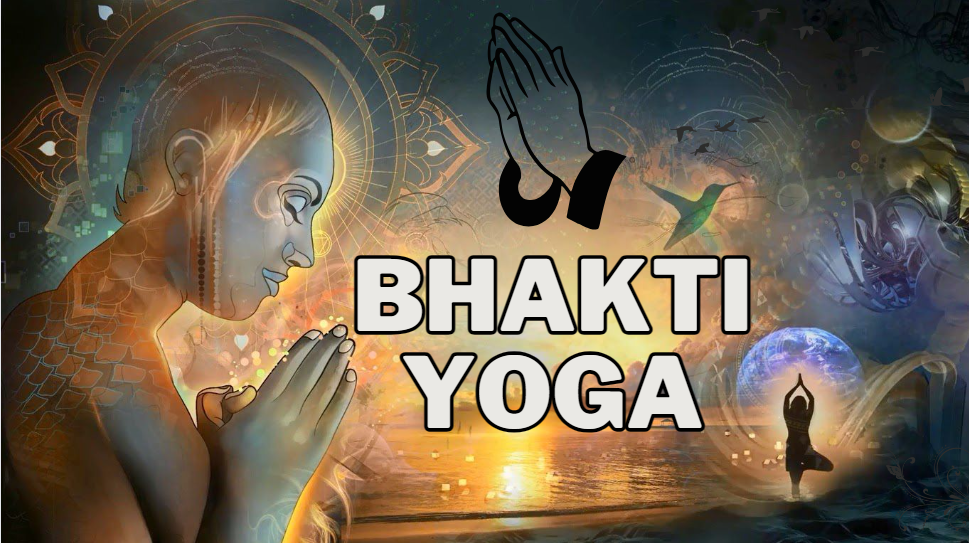Why Making Time for Evening relaxation is Important & 7 Ayurvedic Reason
“Evening is the time to put the worries of the day to rest and to embrace the peace that comes with the setting sun.”

No one has time these days. Get up at seven in the morning, spend eight or nine hours in the office, drive home, and then resume the same cycle. If suppose women are working, they have the pressure of office work and household responsibilities. Our entire stored energy exhausted at the end of the day, like that of a mobile battery. Even if we push ourselves to lie down and relax, the thoughts of unfinished work in the office, bills to paid, unfurled house rent, uncertainty of the future, children’s education, and familial responsibilities just keep coming back to haunt us.
We live in a world that is never ending and demands more from us. the pressure percentage has increased drastically year on year. That is especially true for the majority of city dwellers.
According to 2023 survey by Deloitte, 65% of workers globally are experiencing stress at work. In Japan, death from overwork is common and it is called as Karoshi. Karoshi is often caused by heart attacks, strokes, or suicide, and it is estimated that over 10,000 people die of karoshi in Japan each year.
A survey by Cigna TTK Health Insurance found that about 89% of Indian employees suffer from stress, and 75% of employees believe that their workplace is the biggest source of stress.
At the end of the day, no matter how much we try to be calm, our mind is always filled with negative experiences. According to psychologists these types of negative thoughts “occur due to the primal need of humans to protect themselves”. But if this happens every day, it turns into chronic stress.
When we experience stress, our bodies go into “fight-or-flight” mode. This is a natural response that helps us deal with danger. The body releases hormones such as adrenaline and cortisol, which cause a number of physical changes.
While a small amount of stress or temporary stress isn’t harmful, the actual problem arises when you experience chronic stress. For example: While your mind is distracted by the beautiful sunset, if you don’t pay attention to the precipice or the snake ahead, it will lead to your death.
Calm your mind and Body with evening relaxation
There are number of different ways to relax in the evening, and what works for one person may not work for another. Some people enjoy activities such as reading, taking a bath, or listening to music. Others may prefer to spend time with loved ones or engage in hobbies. the important thing is to find something that you enjoy and that helps you to relax.
A recent study that was published in the journal of Occupational Health Psychology says relaxing in the evening after work is essential in terms of day-to-day recovery process and stress alleviation. This is due to the fact that deep relaxation enables you to get the proper rest and rejuvenating sleep required for optimum productivity. Let’s understand the same thing with Ayurvedic viewpoint. The concept of “Ritu Sandhi” refers to the juncture between two periods, and the evening is seen as the Ritu Sandhi between day and night.
Here are a few reasons why the evening is considered a time for peace and relaxation according to Ayurveda:
The Central Council for Research in Yoga & Naturopathy (CCRYN) has invited online applications for various Post. This recruitment drive includes various positions, such as Research Officer, Medical Officer (Allopathy), Statistical Assistant, Assistant/ Assistant Section Officer, Office Superintendent and many more. The call for Research Officer (Yoga & Naturopathy) is a one best opportunity for all yoga professionals. This role involved conducting and coordinating research projects related to yoga and naturopathy.
Vata Dominance:
In the evening, Vata dosha is predominant. Vata is associated with the elements of air and ether, and its qualities are light, cold, dry, mobile, and subtle. These qualities create a sense of lightness and movement, making it an ideal time for winding down and relaxation.
Dinacharya (Daily Routine):
Ayurveda emphasizes the importance of following a daily routine or “Dinacharya” to align with the natural rhythms of the day. The evening is a time for slowing down, nourishing the body with a lighter meal, and preparing for restful sleep.
Transition from Day to Night:
The evening marks the transition from the active, outward-focused part of the day to the quieter, more introspective night. This transition allows the body and mind to shift from the demands of the day to a state of rest and rejuvenation.
Digestive Fire:
Ayurveda recognizes the importance of the digestive fire, or “Agni.” The digestive fire is stronger during the day and gradually decreases in the evening. Consuming a lighter meal in the evening is recommended to support digestion and prevent disturbances during sleep.
Mind and Emotions:
The evening is a time to wind down mentally and emotionally. It is considered conducive to practices like meditation, gentle yoga, or simply spending quiet time to calm the mind and release the stresses of the day.
Nature’s Influence:
Ayurveda encourages aligning with the natural cycles of nature. As the sun sets and darkness approaches, the body naturally begins to prepare for rest. Following this natural rhythm supports overall well-being.
Nourishing Activities:
Engaging in nourishing activities during the evening, such as reading a book, taking a leisurely stroll, or spending quality time with loved ones, contributes to a sense of peace and fulfilment.
How to Overcome Challenges to Evening Relaxation
Categories
Schedule It In
Treat your evening relaxation as a non-negotiable appointment. Block out time in your schedule and view it as a commitment to your well-being. Ayurveda encourages aligning activities with the natural rhythms of the day, making the evening an ideal time for relaxation.
Avoid Screen Time
Do Something You Enjoy
Be Present
Evening Relaxation for Different People
Achieving desired benefit by making it Family Affair

Tips for Making Evening Relaxation a Habit
- Start Small: Building a habit takes time. Start with small, manageable steps. It could be as simple as dedicating ten minutes to a calming activity. Ayurveda encourages gradual changes aligned with your unique constitution for lasting well-being.
- Find an Activity That You Enjoy: The key to sustaining a habit is finding joy in it. Experiment with different activities until you discover what resonates with you. Ayurveda recognizes the diversity of individual preferences and encourages tailoring practices to suit your unique needs.
- Be Consistent: Consistency is the bedrock of any habit. Establish a routine that you can realistically adhere to. Ayurveda teaches us that the cumulative effects of consistent practices are more profound than sporadic efforts.
- Set Realistic Expectations: While it’s essential to be consistent, it’s equally important to set realistic expectations. Ayurveda promotes a balanced approach that aligns with your individual capacity. Be kind to yourself and allow your relaxation practice to evolve naturally.
Conclusion:
In the grand tapestry of life, making time for evening relaxation is not a mere indulgence; it’s a testament to the importance of self-care. Ayurveda invites us to weave these moments of tranquillity into our daily lives, recognizing that our well-being is a mosaic of intentional, mindful practices. As you embrace the serenity of your evenings, may you discover the profound benefits that ripple through your overall health and well-being.
In essence, evening relaxation is not just a pause in your day; it’s a sacred ritual-a gift you give to yourself. Through the lens of Ayurveda, this practice becomes not just a habit but a holistic approach to living a life of balance, peace, and enduring well-being.
Frequently Asked Question
Can Evening Relaxation Help with Stress Management?
How Does Evening Relaxation Impact Sleep?
Can Evening Relaxation Involve Technology?
How Does Nature Contribute to Evening Relaxation?
Useful Links
Subscribe Now
Don’t miss our future updates! Get Subscribed Today!
© YŌGĀDVIKA | All Rights Reserved








